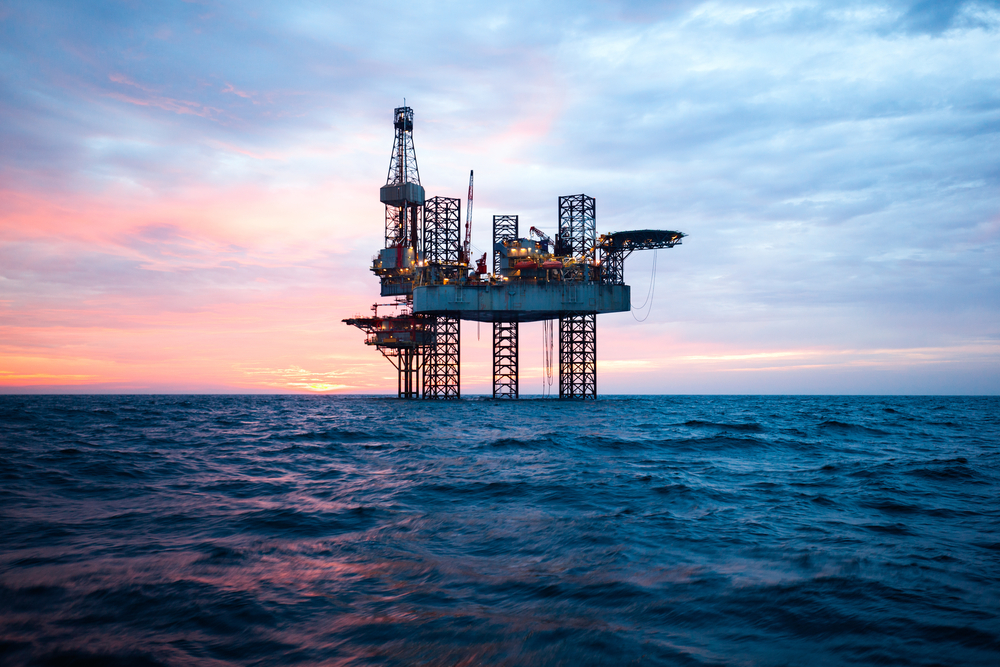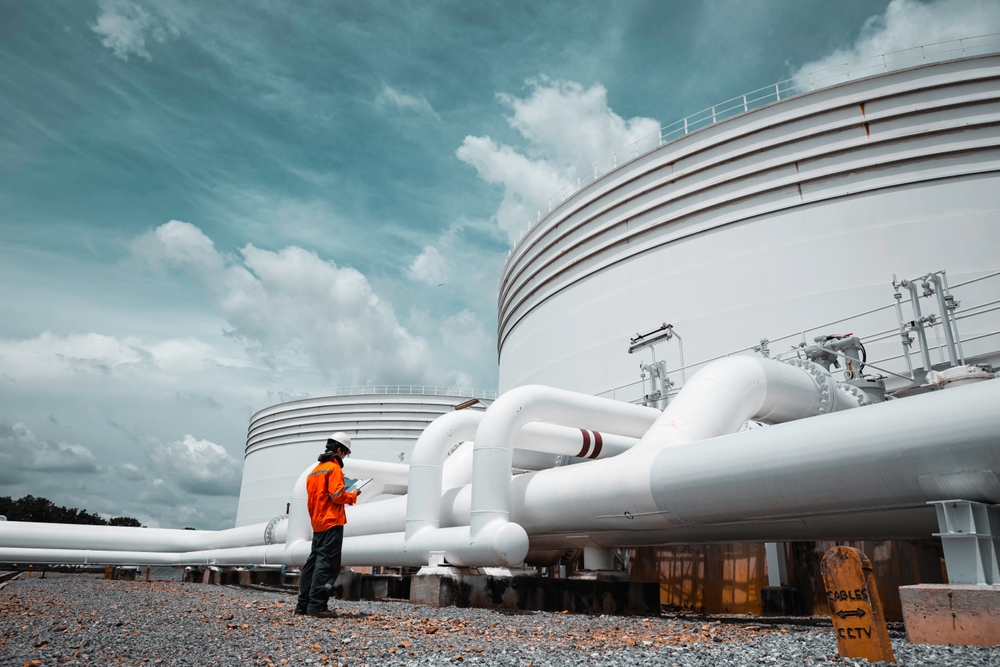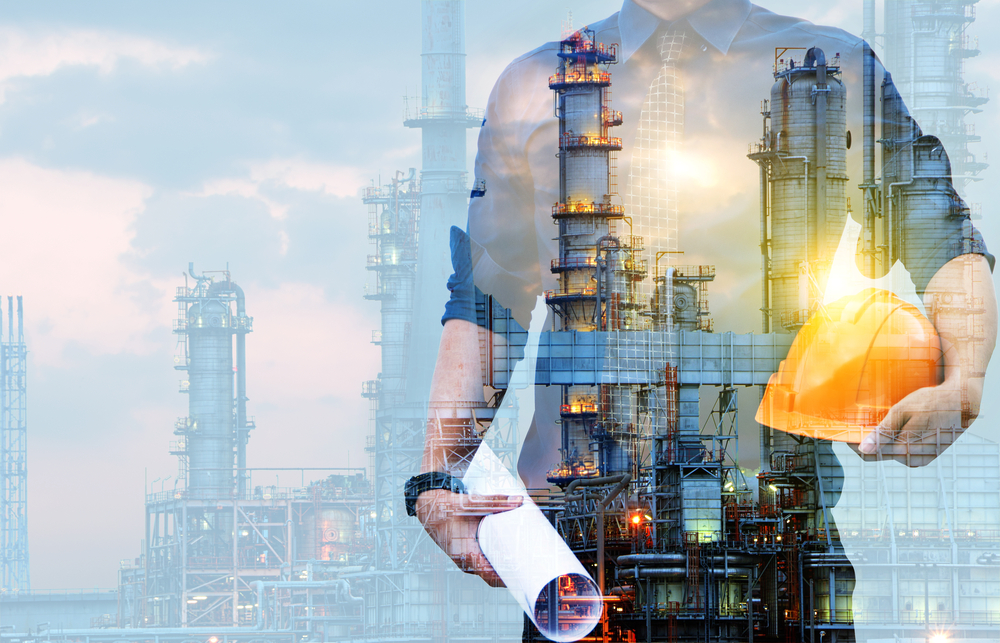

| City | Start Date | End Date | Fees | Register | Enquire | Download |
|---|---|---|---|---|---|---|
| Barcelona | 23-06-2025 | 27-06-2025 | 6200 $ | Register | Enquire | |
| Dubai | 07-07-2025 | 11-07-2025 | 4300 $ | Register | Enquire | |
| Casablanca | 14-07-2025 | 18-07-2025 | 4950 $ | Register | Enquire | |
| Madrid | 21-07-2025 | 25-07-2025 | 6200 $ | Register | Enquire | |
| London | 28-07-2025 | 01-08-2025 | 6200 $ | Register | Enquire | |
| Dubai | 04-08-2025 | 08-08-2025 | 4300 $ | Register | Enquire | |
| Amsterdam | 11-08-2025 | 15-08-2025 | 6200 $ | Register | Enquire | |
| Singapore | 18-08-2025 | 22-08-2025 | 5500 $ | Register | Enquire | |
| Bali | 01-09-2025 | 05-09-2025 | 4950 $ | Register | Enquire | |
| Cairo | 08-09-2025 | 12-09-2025 | 3950 $ | Register | Enquire | |
| Dubai | 15-09-2025 | 19-09-2025 | 4300 $ | Register | Enquire | |
| London | 22-09-2025 | 26-09-2025 | 6200 $ | Register | Enquire | |
| Barcelona | 29-09-2025 | 03-10-2025 | 6200 $ | Register | Enquire | |
| Kuala Lumpur | 06-10-2025 | 10-10-2025 | 4950 $ | Register | Enquire | |
| Madrid | 13-10-2025 | 17-10-2025 | 6200 $ | Register | Enquire | |
| Jakarta | 27-10-2025 | 31-10-2025 | 4950 $ | Register | Enquire | |
| Prague | 03-11-2025 | 07-11-2025 | 6200 $ | Register | Enquire | |
| Dubai | 10-11-2025 | 14-11-2025 | 4300 $ | Register | Enquire | |
| Casablanca | 17-11-2025 | 21-11-2025 | 4950 $ | Register | Enquire | |
| Amman | 24-11-2025 | 28-11-2025 | 3950 $ | Register | Enquire | |
| Zurich | 01-12-2025 | 05-12-2025 | 5600 $ | Register | Enquire | |
| Madrid | 08-12-2025 | 12-12-2025 | 6200 $ | Register | Enquire | |
| London | 15-12-2025 | 19-12-2025 | 6200 $ | Register | Enquire | |
| Dubai | 22-12-2025 | 26-12-2025 | 4300 $ | Register | Enquire |
This workshop on pump and valve engineering is dedicated to the oil and gas industry. It will cover the fundamental concepts of oil and gas pumps, including centrifugal and positive displacement types, as well as various valves.
The course will address critical engineering elements, including packing, mechanical seals, sealing systems, bearings, and couplings. Special attention will be given to selecting pumps suitable for oil and gas applications to ensure they can operate effectively in various environments. Hands-on discussions will also focus on the operation, maintenance, and troubleshooting of pumps and valves.
At the end of this oil and gas pump and valve technology course, participants will be able to:
Unit 1: Pumping Systems
Unit 2: Pump Types
Unit 3: Achieving Pump Reliability
Unit 4: Valve Technology
Unit 5: Valves Troubleshooting & Maintenance

.jpg)
.jpg)
.jpg)















